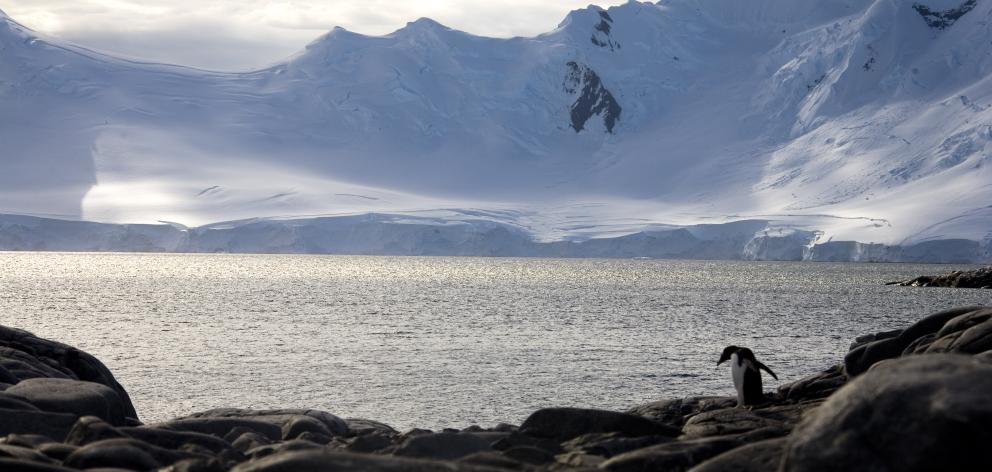
New Zealand has pulled off a major diplomatic coup by securing the support of 25 countries - including an initially reluctant Russia - to create the world's largest marine sanctuary.
The marine protected area (MPA) in the Ross Sea, north of Antarctica, was jointly devised by New Zealand and the United States and will cover 1.55 million square kilometres of prized ocean. Roughly the size of France, it will be the world's largest marine sanctuary.

"New Zealand has played a leading role in reaching this agreement which makes a significant contribution to global marine protection," Foreign Affairs Minister McCully said today.
Agreement on the MPA was reached following talks at the Commission for the Conservation of Antarctic Marine Living Resources (CCAMLR) in Hobart this week.
Now that it has the approval of the 25 countries which govern the Antarctic, the MPA will come into force in December 2017.
It is one of New Zealand's major foreign policy objectives, and has taken six years of diplomatic wrangling to get all countries to agree to the proposal.
Russia agreed to the proposal, after blocking conservation proposals on five previous occasions. The 25-member commission, which includes Russia, China, the United States and the European Union, requires unanimous support for decisions.
Mr McCully lobbied his Russian counterpart Sergei Lavrov on the issue during a recent trip to Moscow.
United States Secretary of State John Kerry - who has a strong interest in marine protected area - also played a role in convincing Russia of the merits of the MPA.
Mr McCully underlined the significance of getting Russia to agree with a US-backed initiative during a low point in the two countries' relations because of conflicts in the Middle East.
"At a time when relations on so many fronts are difficult with the Russians, some co-operation and a constructive dialogue is very pleasing to us," he said.
The NZ-US proposal required some changes to secure the unanimous support of all member countries. The final agreement balanced marine protection, sustainable fishing and science interests, Mr McCully said.
"The boundaries of the MPA, however, remain unchanged."
One of the concessions made was an agreement to allow more of the lucrative Antarctic toothfish species to be caught within a designated, fish-rich research zone.
Countries agreed to raise the proportion of the total allowable catch for the Ross Sea region which could be caught within the zone from 13% to 15%.
The MPA also has a "sunset clause" which will mean it is reviewed after 35 years rather than established in perpetuity.
"Getting 25 countries to agree to a proposal like this was always going to be hard," McCully said. "We obviously haven't got everything that we asked for. But we've got a big chunk of it."
The Ross Sea is considered the last remaining pristine ecosystem on the planet, earning it the label "The Last Ocean".
The sanctuary will cover more than 12% of the Southern Ocean, which is home to more than 10,000 species including most of the world's penguins, whales, seabirds, colossal squid and Antarctic tooth fish.
Fishing will be banned completely in 1.1 million square km of the Ross Sea, while areas designated as research zones will allow for some fishing for krill and sawfish.
Scientists and activists described the agreement as a historic milestone in global efforts to protect marine diversity and allow a greater understanding of the impact of climate change.
- NZ Herald and Reuters












